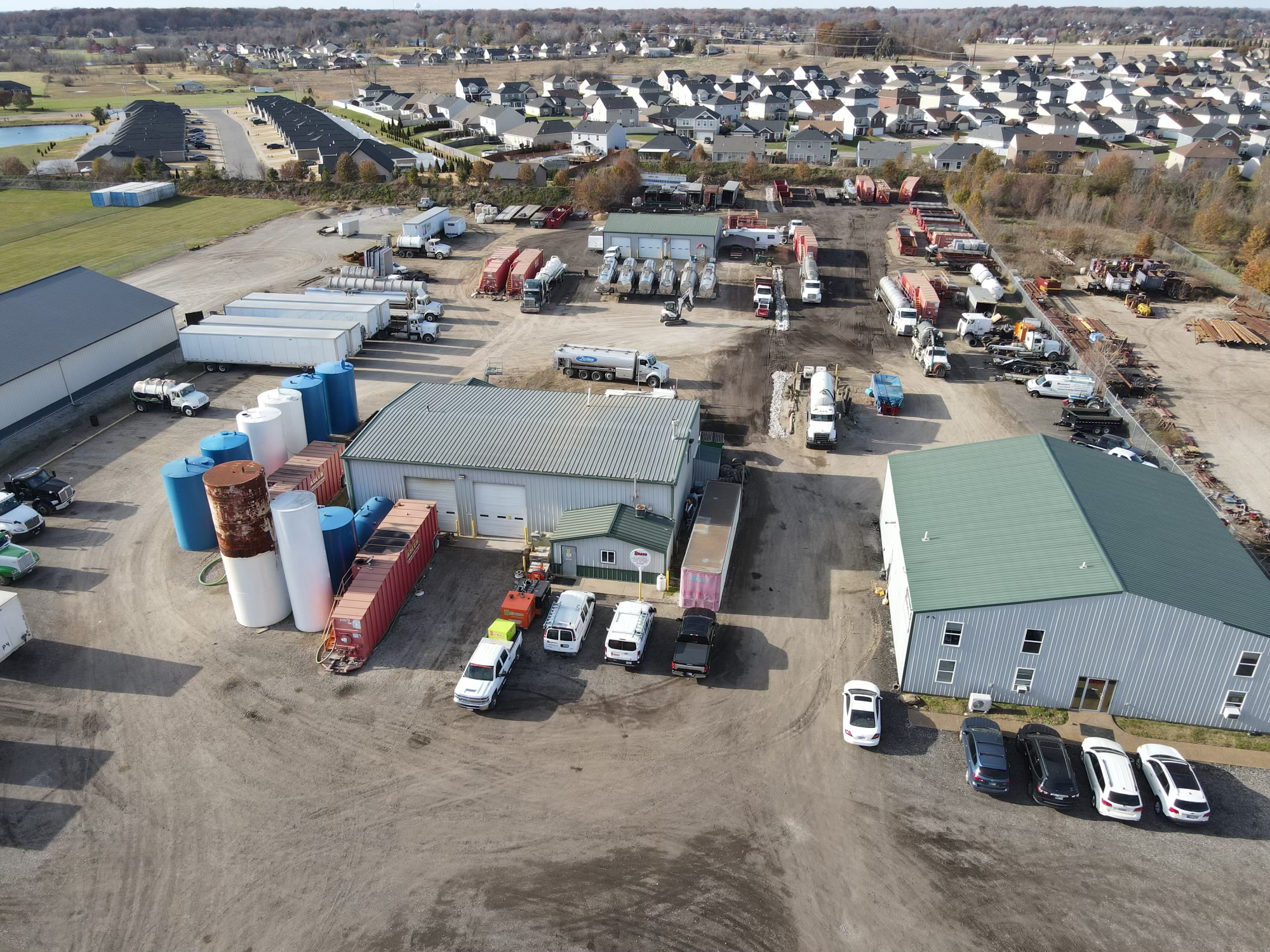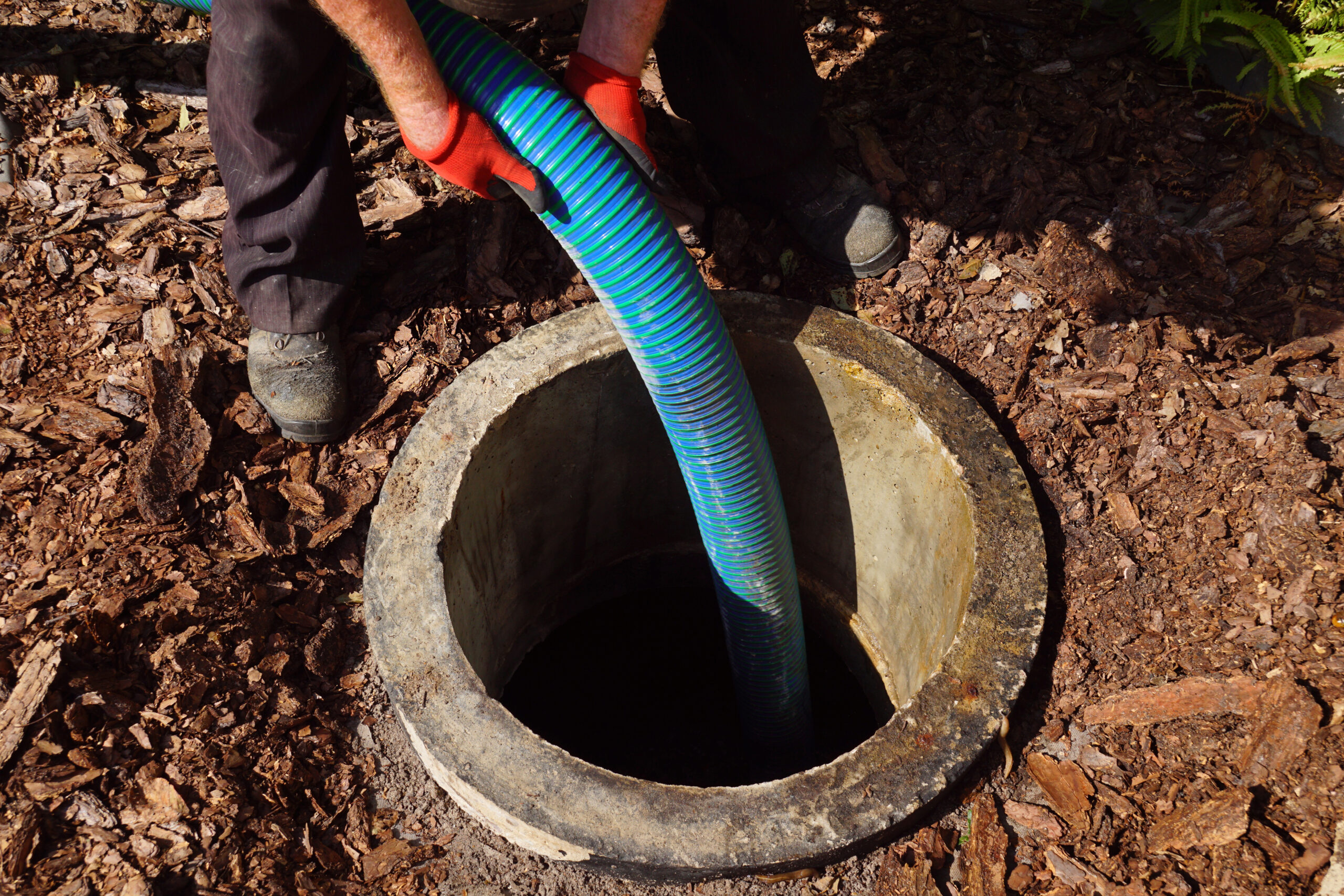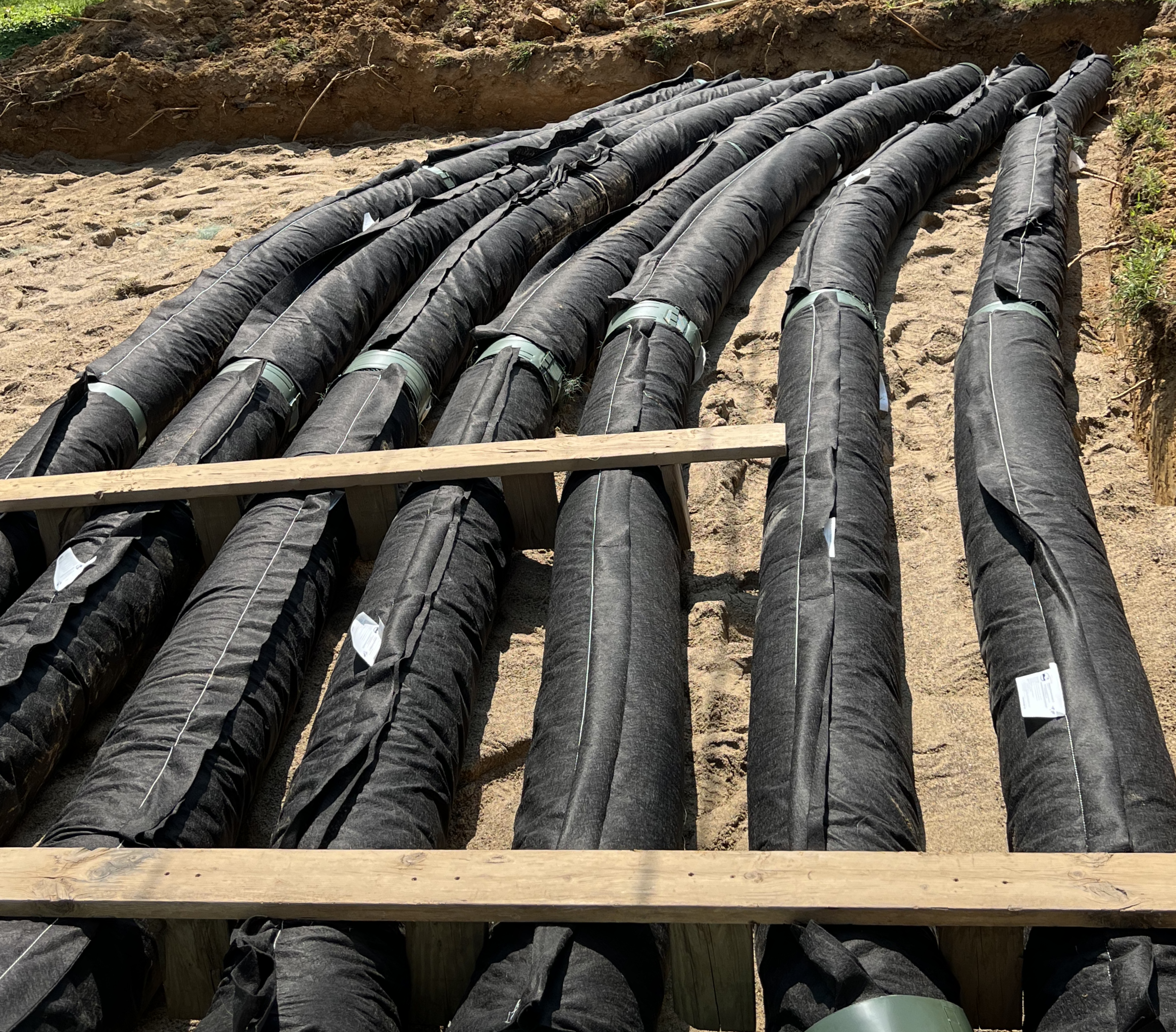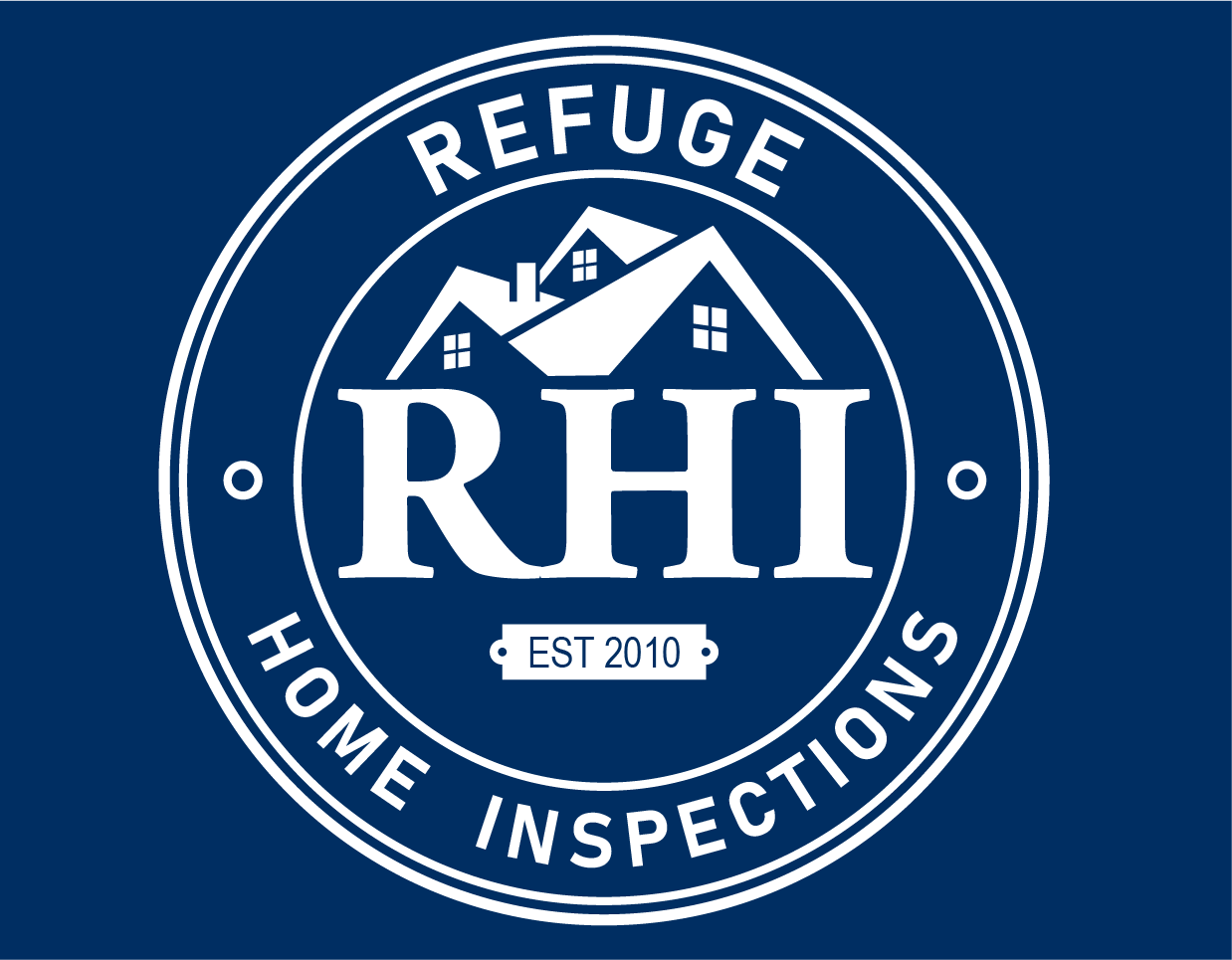This week is Septic Smart Week. For anyone who has ever had a sewer problem, it is common knowledge just how important it is to have a fully functioning system. Nobody wants to deal with a smelly and/or costly concern.
RHI Home Inspections can perform a septic dye test to do a preliminary check of the system to see if further evaluation is needed. If there are issues with the septic system, RHI will recommend vetted and trusted companies like Joe Beard and Sons to further assist homeowners.
We sat down with Bryson Fulkerson, who is the Director of Sales, and asked him to share about Joe Beard and Sons.
Tell us the Joe Beard and Sons story.
“Joe Beard started installing and pumping septic systems and sewers and providing Porta-John’s back in 1947. Ron Beard started expanding the business in the 70’s and continued through the 90’s. This work created the largest septic pumping company in the tri-state. Joe Beard and Sons offers residential and commercial drain cleaning, and industrial maintenance cleaning, along with the original services offered in 1947.

Ron’s brother, Emery, along with his son Joe Beard, acquired the business in late 2009. Keeping the business in the family allowed Ron to retire. This created Special Waste Services (SWS) and Joe Beard & Sons the opportunity to efficiently work together to create the largest grease and septic company in the tri-state area.
In 2018, Joe Beard acquired full control of Joe Beard & Sons along with the company Prospect Trucking Inc., which was an over the road chemical delivery tanker business.
From there, Joe quickly added excavating and dump truck services, video inspection, and hydro excavating to the lines of service. By adding supportive infrastructure such as drivers, technicians, managers, and operators to grow the business to what it is today, Joe has created an environment run by department managers with a fast-paced and family first atmosphere.”
What are the most common issues with septic systems?
“Septic systems are the most commonly neglected and the most expensive asset tied to a home. When purchasing a home, some of the more common things people gravitate to having inspected would be the HVAC system, appliances, foundation, roof, electrical, etc. However, home buyers tend to not worry about the $20,000 issue buried in the back yard – out of sight, out of mind.
Due to this common oversight, we see a whole host of issues arise on an almost daily basis.
Within a standard septic tank, there are essentially three layers of contents that must maintain an even balance. On top exists the solids layer comprised of toilet paper and any other goodies that tend to “float.” The middle layer is the actual liquid of the tank where the flow of the tank exists. When taking a shower, doing laundry, washing dishes, etc., there will be a constant flow of water in this liquid layer entering and immediately exiting the tank to the laterals/drainage field. The bottom layer of the tank is comprised of a thick “sludge” layer of sediments that have settled to the bottom due to their viscosity.
The most common issue that arises with septic systems is the laterals or drainage field no longer accepting water. This is caused solely by either the floating solids layer or the bottom sludge layer building up in thickness.
This gets to the point where the constant flow of water carries those solids out to the drainage field, thus causing clogging. In our experience, this causes irreversible damage to the drainage field making the soil that surrounds the laterals “solids impacted” taking away the soils ability to properly absorb and disperse water.
Other issues that can rear their ugly head are collapsed tanks and laterals due to driving heavy vehicles or equipment over them. It is imperative that you know your system’s buried location and avoid driving over it with anything larger than a lawn mower.”
What are some things homeowners can do to prevent those issues?
“Preventative maintenance is key with septic systems as it is with any part of the home. As mentioned above, regarding the layers that exist in the tank itself, the upmost important thing a homeowner can do to keep their septic system in tip top shape is regular pumping. Having your septic tank pumped out routinely keeps the floating and sludge layers from building up to the point of exiting to the drainage field.

The general recommendation is to have your septic tank pumped every 3-5 years to keep things flowing. The general breakdown of that range is a household of 2 persons or less can go 5 years between pumping. A home with 3-4 people needs to have their septic tank pumped every 3-4 years. As you can guess a household with 5+ individuals absolutely need to have their tank pumped out a maximum of every 3 years. Of course, this is based off general toilet paper use and does not consider individuals that may use a roll per day.
Along with regular pumping, it is also imperative that individuals do not, under any circumstances, use “flushable” wipes. This is one of the most falsely advertised products on the market and will absolutely ruin a residential septic system.
Other good practices are to never pour grease down your drains along with harsh chemicals such as bleach, drain clearing agents, and digestive enzymes like Ridex. Digestive enzymes and other strong chemicals kill the good bacterial environment in your septic system that naturally breaks down solids.
Joe Beard and Sons highly recommends the use of a bio friendly septic additive that promotes the growth of the digestive environment within the tank. Our in-house Septic Tank BIO-PAK treatment is a proven effective additive that introduces new bacteria into the system and feeds the existing bacteria. Our product contains 7 different strains of bacillus spores and several other vegetative microorganisms to promote a 100% organic ecosystem.”
When do repairs become expensive and how much can a new system cost?
“As mentioned above, once solids have made their way to the drainage field, it typically means game over for a septic system. There are many different factors that play into the replacement cost of a drainage field.
In Indiana counties, the cost can vary anywhere from $12,000 to $18,000. In situations where replacement is not financially possible for the client, we will recommend a field bed jetting treatment.
In this process, we will uncover the distribution box that gives us access to each individual lateral. From there we will send a high-pressure water jetting line down each lateral to essentially blast out all the solids that have made their way to the drainage field. At this point, we also highly recommend using other in-house products that we sell specifically for drainage field treatment.
In some scenarios, the system is just so old at the time of drainage field failure that it is more feasible to replace the entire system. Due to county codes and regulations, the replacement cost for septic systems can widely vary.
Some Indiana counties have strict guidelines that can make the replacement cost range anywhere from $18,000 to $25,000, whereas Kentucky where system size requirements are less restrictive makes system replacements anywhere from $8,000 to $15,000.”
How long can homeowners expect a septic system to function before needing replaced?
“In a perfect world where a system is used properly and it pumped out religiously every 3 to 5 years, the life expectancy of a septic system is roughly 30+ years. There have been some cases where we have encountered systems that have been actively used for 40+ years.”
What types of services does Joe Beard and Sons offer?
Joe Beard & Sons offers a wide array of services outside of the realm of septic. Some of the services we offer include drain services, roll-off dumpsters, sanitary & storm sewer repair and replacement, hydro excavation, commercial grease trap services, car wash grit pit servicing, combination truck services, general excavation and land clearing, robotic rover, and push rod camera services, and more!”

RHI Home Inspections and Joe Beard and Sons understand the importance of a fully functioning septic system. RHI can perform a septic dye test to let the homeowner know if further evaluation needs to happen with a professional company. Trusted companies like Joe Beard and Sons can then check the system and let owners know next steps. They also offer several other services beyond just septic systems. Check all their services out at www.joebeardandsons.net.
